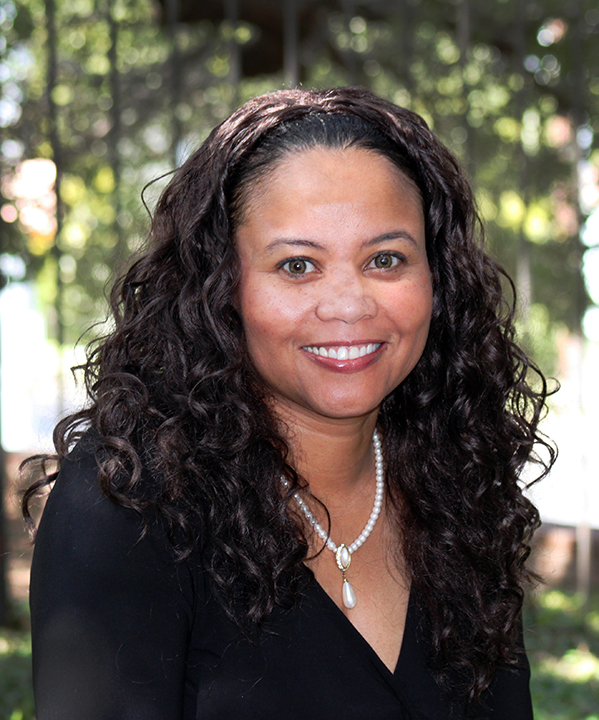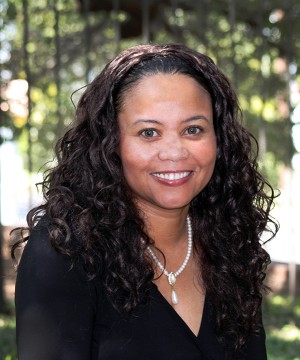By Linda Nguyen
Staff Writer
Social media has many uses during election season.
This election season, social media has been used for hate speech, according to a recent study by Dr. Mia Moody-Ramirez, assistant professor of journalism, public relations and news media.
“The study looks at hate groups targeting President Obama,” Moody-Ramirez said. “I started the study three years ago in trying to update my syllabuses to reflect new media and to add social media to my syllabuses.”
While doing research to update her course, Moody-Ramirez said she noticed several Facebook hate groups.
“Digging deeper, I found a large percentage focused on Obama,” Moody-Ramirez said. “So I decided to write a study about it. I provide context by looking at historical stereotypes and comparing them to what was found in the Facebook hate groups.”
Moody-Ramirez focused on blackface and animalistic, social deviance and evil or angry historical stereotypes concerning African-American people.
The major stereotypes Moody-Ramirez has found in the hate speech center on comparing Obama to an animal or portraying him in a “ghetto” style.
“I found a large number of what I call ‘animalistic portrayal’ where they are compared to animals, specifically monkeys,” Moody-Ramirez said. “There is one picture where they have three monkeys and one of them has President Obama’s face superimposed on one of them. Another portrayal is the ghetto stereotype where they portray Obama with gold teeth and do-rags and a lot of jewelry. It is characteristic of that which would be the ‘ghetto’ stereotype.”
Moody-Ramirez said there have also been hate groups that stereotype first lady Michelle Obama.
“There is a lot of the angry black woman stereotypes or the idea that she’s masculine,” Moody-Ramirez said. “With the masculine stereotype, they compare her to men. There are pictures where they draw a mustache or superimpose muscles on her arms. That would be considered sexist and racist.”
Moody-Ramirez said she examined different groups on Facebook to determine whether the groups were hate groups or groups that disliked the politics or platforms of the candidate. She said she acknowledges that not all the Facebook groups that critique President Obama use hate speech.
“I acknowledge that some of them are political in nature and they address political satire rather than racism,” Moody-Ramirez said. “I focus on both of them in my study.”
Moody-Ramirez said the reactions to her study have been mostly positive.
“It’s been so widely received,” Moody-Ramirez said. “It’s been cited in the Washington Post. I was interviewed by a company out of New York. It’s been really positive with people wanting to interview me. If you put in the keywords into Google, people have cited the study.”
The study has caused students from both the Republican Party and the Democratic Party to think about the use of social media and the issues that have been coming into play with the election.
Wichita Falls senior Daniel Cervera, Baylor Young Conservatives of Texas outreach coordinator, said the study has provided a venue for students to discuss issues with social media.
“How might we respond to young people in light of Dr. Moody’s research? By educating them,” Cervera said. “Professionalism in political debate is something we care deeply about, and Dr. Moody’s research provides us a much-needed opportunity to discuss these issues more at length. We believe that there’s far more harmful rhetoric out there than is covered in the scope of her paper.”
Cervera said he would like to explore issues of hate speech in past elections in order to fully understand each party’s engagement in political hate speech. He believes Moody’s research may create the false impression that conservatives are the only ones who engage in political hate speech.
“I have absolute confidence this is simply not the case,” Cervera. “Not by a long shot.”
Plano senior Adaobi Ekweani, Baylor Democrats president, said it saddens her that racism is still a part of American culture.
“To me, the disheartening part is the Facebook items of a racial nature are not even about the fact that he’s black but him being African, because I’m African myself,” Ekweani said. “America is a country of immigrants and to make fun of someone of immigrant roots is very disheartening.”
Ekweani, however, does not believe that it’s an issue of the Democratic Party against the Republican Party.
“I think it’s unfortunate, and I don’t think it’s representative of the Republican Party,” Ekweani said. “It’s American politics right now.”






